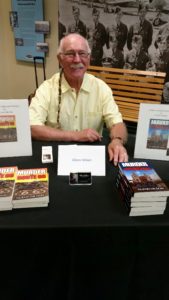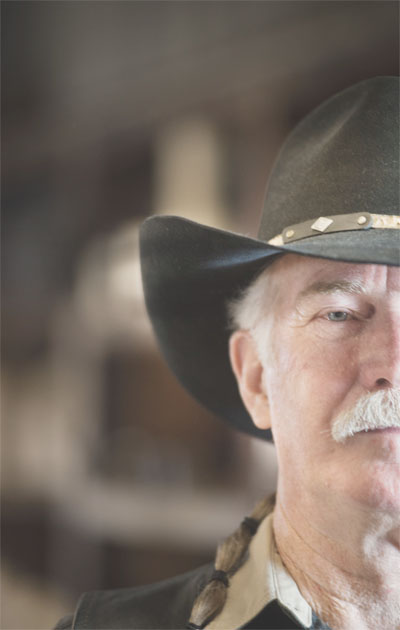We’ve been hearing Canada geese flying overhead, mostly in the mornings and evenings. They come in low, in two’s and three’s, circling toward the pond nearby. I don’t know if they are early arrivals, but they don’t seem to be part of the larger flocks we saw in the fall heading south. In any case, their sounds are welcome. I’ve missed their music over the winter. One large goose was in the creek, taking a bath the other day, apparently enjoying a clean-up after a long flight. Robins are back in healthy numbers hunting worms in the yard and crows are out and about. I assume the crows have been here all year. A couple of days ago I saw about a dozen large birds circling over the village. I think it was a kettle of migrating hawks, vultures, or both, circling to gain altitude and then moving on.
We’ve been here two weeks now, and it’s a joy to see the birds coming back, as well as all the plants coming to life. I’ve already mowed the yard twice, and it needs it again. That will have to wait, though. It’s promising to rain for the next several days, and threatening snow sometime during the next two. Springtime in upstate New York. Time for boots, sweaters and waterproof jackets, putting away the shorts and summer clothes we started off with when we left Florida. I’ve been busy setting things straight, like cleaning the back room where we store a lot of things we need to move inside when we leave in the fall. Then, there was the light switch I had to replace on the stairs, aka puttering about. There’s always work to be done after a move, even a seasonal one. I need to get back to my writing.
Speaking of writing, from time to time I’ve asked myself why I had my series protagonist, Bobby Navarro, living in New York even though his debut book was set in the Southwest. So far, no one has asked that at a program or signing. Hopefully I can make it understandable when I get to the next story, set in the Adirondacks. There are times when the forests of Upstate impart a feeling that Bobby could readily capture in the open, lonely stretches of highway in the Southwest.
If you can put up with or avoid the blackflies, Upstate is an area rich in woods, rural farm scenery, ponds, lakes and streams. Lesley thinks my enjoyment of the cold and rainy weather can be attributed to having too much of the North Sea in my DNA. I even like the bleak scenes from Wallander or Shetland. I think they offer a mood rich in possibilities for murder mysteries. But, that’s another story. Anybody else like spring rains and gloomy days? Assuming, of course, there aren’t too many of them in a row.












